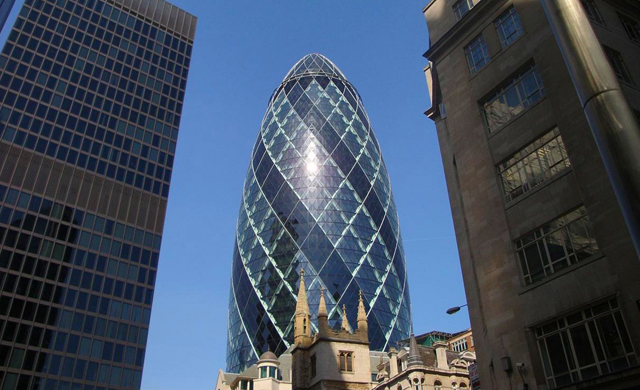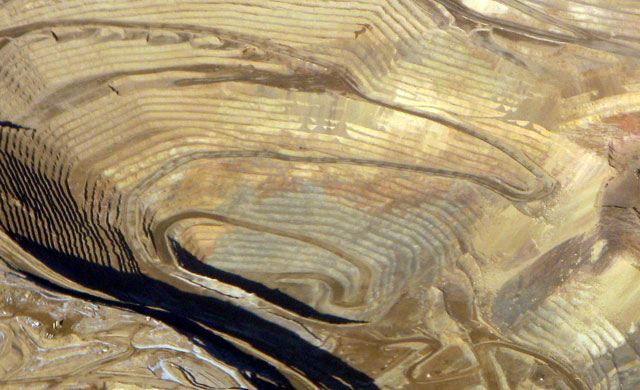Fletcher King (LSE:FLK) has a market capitalisation of £4.5m on a share price of 49p. It has £4m of cash and no debt. Net current asset value is, however, below MCap.

Net Current Asset Value
| £’000s |
30 October 2015 |
| Receivables |
838 |
| Cash |
4,070 |
| Less Total Liabilities |
(1,863) |
| Totals to Crude NCAV |
3,045 |
| To be conservative we deduct 20% of receivables as being uncollectable |
(168) |
| The company has recently used some of its cash to invest in SHIPS. This is accounted for as a non-current asset “Available for sale investment”. Arguably, this should be included in NCAV, thus I add it. |
752 |
| Adjusted NCAV |
3,629 |
| NCAV per share (9.2m shares) |
39.4p |
In terms of the qualitative elements for a NCAV investment judgement:
1. The business prospects are reasonably good, at least they are not bad. The management team have built a strong reputation, especially following the 70% return on SHIPS14.
The directors seem optimistic:
“Our prospects going forward look satisfactory although performance will be more in line with previous periods than the exceptional performance of the first half of this year.”
“Whilst Central London continues to be in very strong demand, focus is shifting to major centres in the regions and the M3/M4 corridor. ……Whilst the recent rate of rent and capital growth is unlikely to continue we believe the market will remain strong over the next 2-3 years….. Our exceptional performance this half year is primarily the result of fees and profits earned on the sale of 145 Leadenhall Street, a property owned by the SHIPS 14 Syndicate in which the company co-invested and acted as adviser…….. The underlying business is doing well. The volume of instructions on valuation and investment sales has increased and we are about to take on more property management. In May, the company invested £752,500 in a new property investment syndicate (SHIPS 15) that acquired freehold office premises in Clerkenwell, London. There remains strong demand amongst SHIPS members to invest in further suitable property.” (Chairman’s Report in Interim results)
2. The management are reasonably competent and not terribly bad with regard to shareholder interests (even if they need a message from shareholders to reprioritise the owners).
3. Financial stability is superb, operational stability is OK in the upward swing phase of the commercial property market, but does suffer in the downward phase (note though that it made profits right through the Great Recession)
Conclusion on NCAV: I will be a buyer if the share price drops below……..To read the rest of this article, and more like it, subscribe to my premium newsletter Deep Value Shares – click here http://newsletters.advfn.com/deepvalueshares/subscribe-1

 Hot Features
Hot Features













